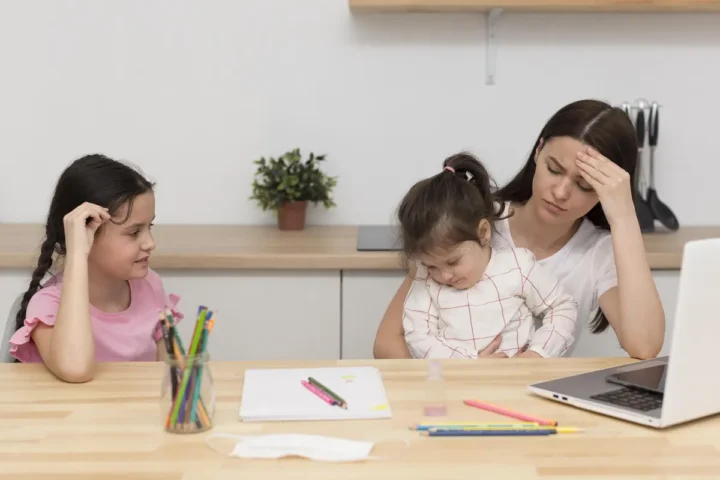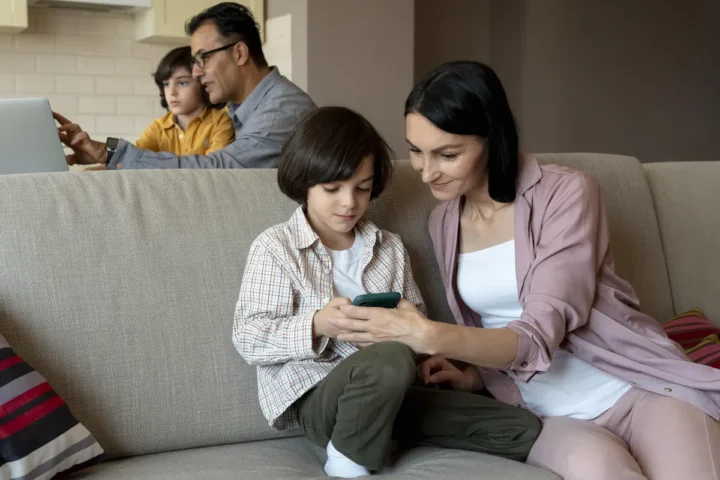Conflict and rupture are natural occurrences in any relationship, especially in long-term ones. Contrary to popular belief, these moments of discord can be healthy for a relationship, as they provide opportunities to understand each other’s perspectives and deepen your connection. However, the key to a lasting relationship lies in knowing how to repair ruptures healthily and constructively. Addressing issues and finding common ground after a conflict is essential to creating a safe and thriving space within the relationship.
Understanding Rupture and Repair
Rupture in a relationship refers to moments of disconnection, conflict, or hurt. These are normal in any relationship, as no two individuals are identical in their thoughts, feelings, and needs. The crucial aspect is how you repair these ruptures. Repairing a rupture involves open communication, empathy, and forgiveness. Couples who excel at repairing ruptures are the ones who build lasting, resilient, and trust-filled relationships.
Why Ruptures Occur in Relationships
Several factors contribute to ruptures in relationships, as explained by Therapist Benjamin Ekorhi:
1. Communication Breakdown: One of the primary reasons for ruptures is miscommunication or a lack of communication. When communication is lacking, assumptions are made, which can exacerbate conflicts.
2. Unmet Needs and Expectations: Healthy relationships involve expressing needs, wants, and expectations openly and constructively. When these are left unexpressed or unaddressed, it can lead to ruptures.
3. External Pressures: External pressures, such as stress from outside sources, can make individuals more vulnerable within a relationship. This vulnerability can manifest as extreme reactions or behaviors that affect the relationship.
Tips for Repairing Ruptures in Relationships
Repairing ruptures in a relationship is essential for its growth and resilience. Here are some tips to effectively navigate and mend ruptures:
1. Listen Actively: Instead of listening merely to respond or react, practice active listening to truly understand your partner’s perspective. Empathetic listening can bridge the gap created by the rupture.
2. Take Responsibility: Ownership of mistakes is crucial. Be willing to acknowledge and take responsibility for your errors. Equally important is the ability to forgive your partner for their mistakes.
3. Meet Each Other Halfway: Finding common ground and agreeing to disagree is a valuable skill. It allows you to reconnect and move past the rupture. Flexibility and compromise play key roles here.
In conclusion, ruptures in relationships are normal and healthy, as they provide opportunities for growth and understanding. The ability to repair these ruptures through effective communication, empathy, and forgiveness is what strengthens the emotional intimacy, trust, and resilience that underpin lasting relationships.







